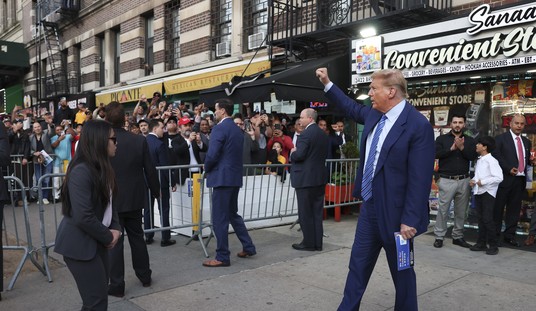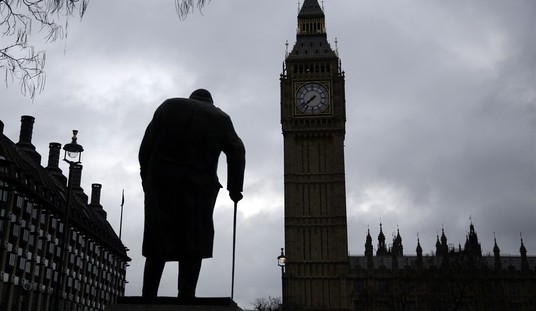The first shots in the United States Civil War were fired during an attack on Fort Sumter a century and a half ago on April 12, 1861, not long after President Lincoln’s election on November 6, 1860 and about five weeks after he assumed office on March 4, 1861.
As summarized by Wikipedia,
As Lincoln’s election became evident, secessionists made clear their intent to leave the Union before he took office the next March.[123] On December 20, 1860, South Carolina took the lead by adopting an ordinance of secession; by February 1, 1861, Florida, Mississippi, Alabama, Georgia, Louisiana, and Texas followed.[124][125] Six of these states then adopted a constitution and declared themselves to be a sovereign nation, the Confederate States of America.[124] The upper South and border states (Delaware, Maryland, Virginia, North Carolina, Tennessee, Kentucky, Missouri, and Arkansas) listened to, but initially rejected, the secessionist appeal.[126] President Buchanan and President-elect Lincoln refused to recognize the Confederacy, declaring secession illegal.[127] The Confederacy selected Jefferson Davis as their provisional President on February 9, 1861.[128]
The war still stirs “a trove of memories.” Some are of glory, others of misery and despair. A few have suggested that we are now engaged in another “civil war” of sorts, although not an armed conflict. The prospect of armed conflict over various issues, including illegal immigration and infringements of the Constitutional right to bear arms, has been raised. I occasionally come across comments at various blogs contending that the reelection of President Obama could precipitate another civil war. To have another would be horrific and could easily destroy or at best emasculate what’s left of our Constitution. That happened during and after the Civil War and would happen again now.
This article at my blog examines the Constitution as it existed from 1861 until the end of the war in 1865 to suggest that, despite the evils of slavery, the South may well have been correct in viewing the conflict as one to preserve states’ rights and thereby the Constitution. President Lincoln on April 17, 1859, shortly before he became the President, said that
I think Slavery is wrong, morally, and politically. I desire that it should be no further spread in these United States, and I should not object if it should gradually terminate in the whole Union.
I say that we must not interfere with the institution of slavery in the states where it exists, because the constitution forbids it, and the general welfare does not require us to do so.
We must prevent the revival of the African slave trade and the enacting by Congress of a territorial slave code. (Emphasis added)
According to the National Endowment for the Humanities,
While the Civil War began as a war to restore the Union, not to end slavery, by 1862 President Abraham Lincoln came to believe that he could save the Union only by broadening the goals of the war. The Emancipation Proclamation [of 1864] is generally regarded as marking this sharp change in the goals of Lincoln’s war policy. (Insert added)
One of the sticky wickets was Article IV of the Constitution which required the return of fugitive slaves who escaped to “free” states.
Section 2: No Person held to Service or Labour in one State, under the Laws thereof, escaping into another, shall, in Consequence of any Law or Regulation therein, be discharged from such Service or Labour, but shall be delivered up on Claim of the Party to whom such Service or Labour may be due.
In 1850, the Federal Fugitive Slave Act was enacted, not to repeal but to ensure implementation of Article IV, Section 2. It was bitterly opposed in the North and was essentially nullified when the Civil War began.
There are now issues that generate almost as much heat. Corruption is endemic, the Holder Department of inJustice twists provisions of some laws and declines to enforce others; both our domestic and foreign policies are in shambles. Unless President Obama is soundly defeated next year, we may face the prospect of another uncivil war. We cannot permit that to happen.








Join the conversation as a VIP Member